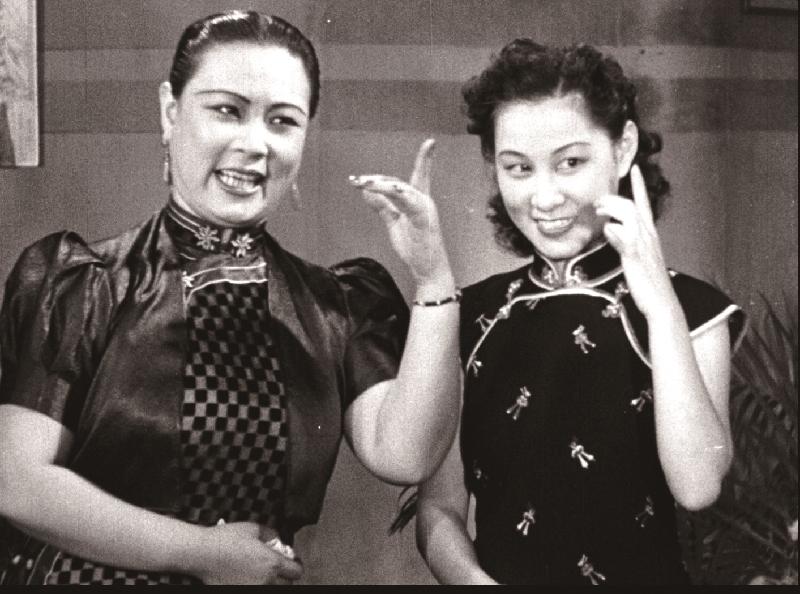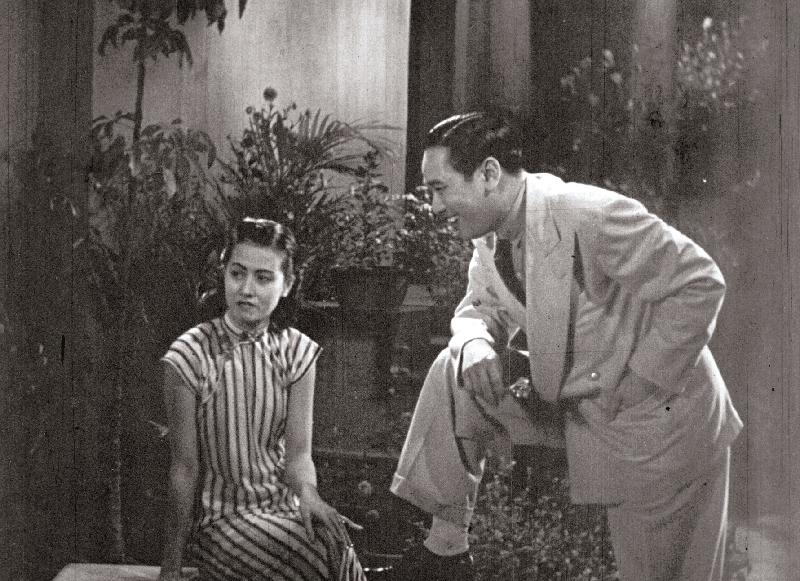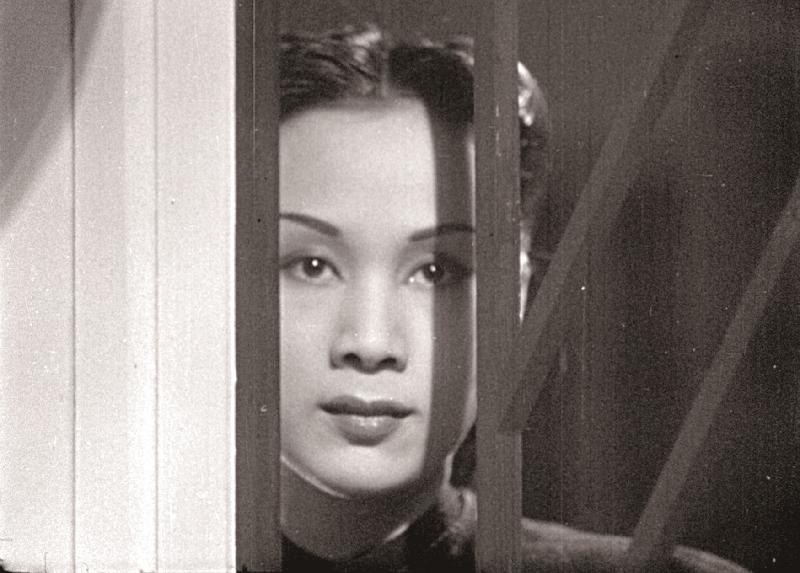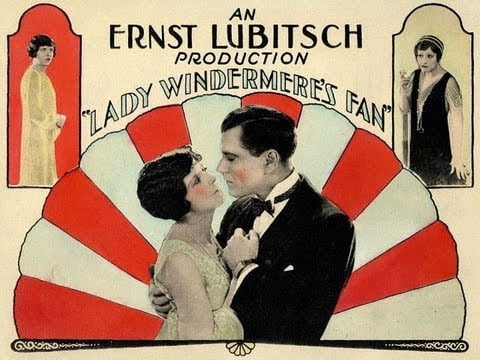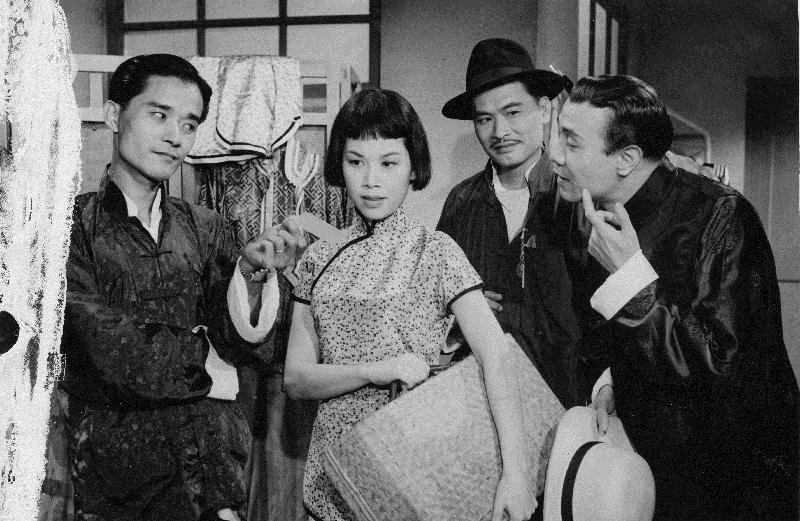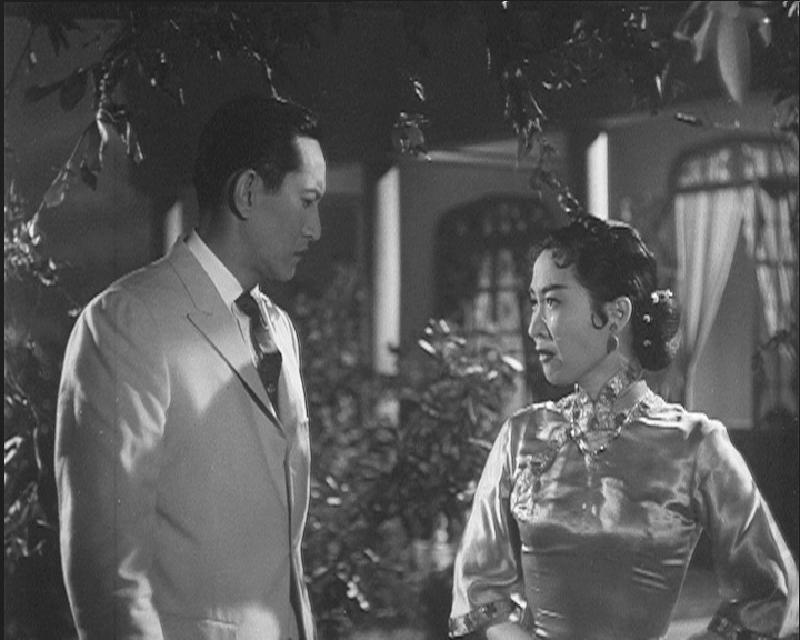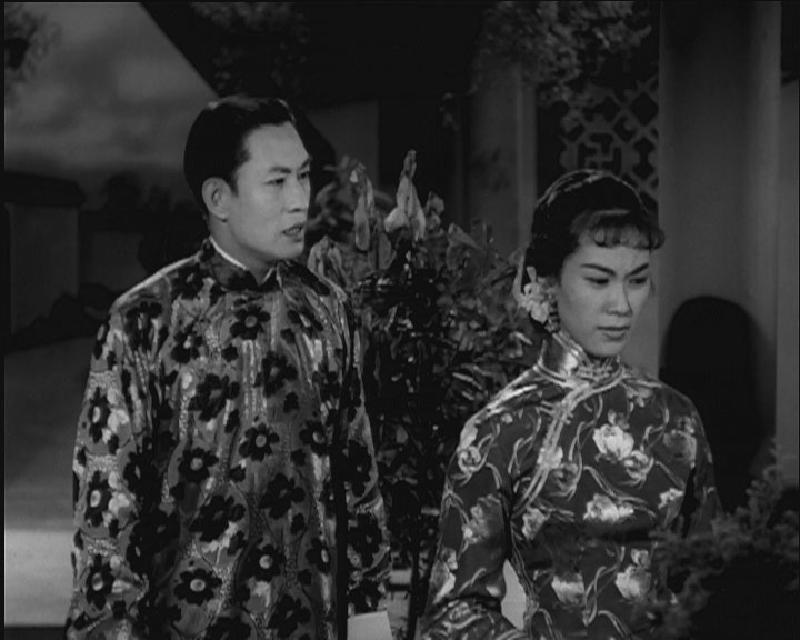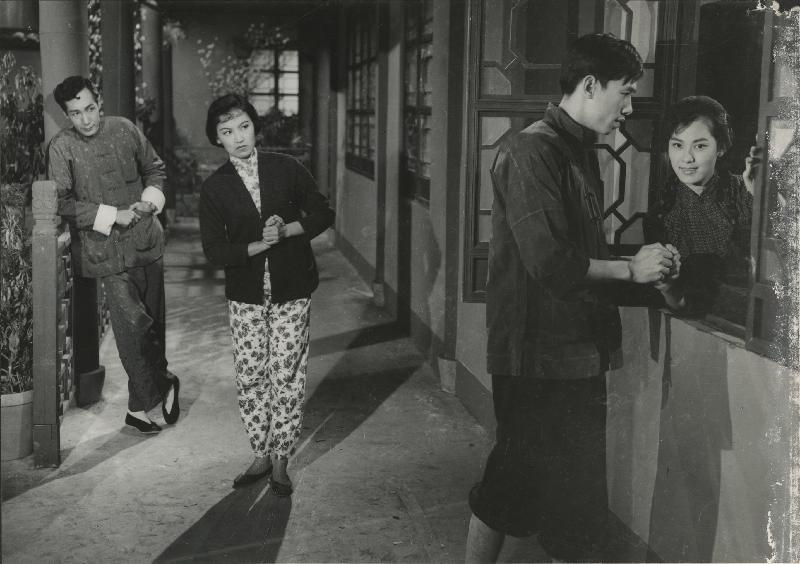Eight early Hong Kong films will be screened from 11 February – 1 April at the Hong Kong Film Archive as part of the third instalment of the Early Cinematic Treasures Rediscovered series. The films in the series are: Rivals in Love (1939), The Blood-Stained Peach Blossom Fan (1940), The Evil Mind (1947), The Inscrutable Heart of Women (1947), Return of the Swallows (1948), A Poor Lover’s Tears (1948), The Birth of Kiddy Stone (1949) and To Kill the Love (1949).
An exhibition entitled Rediscovering Mak Siu-ha – A Talent of Multiple Trades will run concurrently showcasing Mak as a multi-talented Cantonese opera scriptwriter, composer and filmmaker who was active in the 1930s.
The two pre-war film, So Yee’s Rivals in Love (1939) and Mak Siu-ha’s The Blood-Stained Peach Blossom Fan (1940), are the only surviving prints of the two Cantonese directors’ early work and are immensely precious. In Rivals in Love, Tam Lan-hing is at once alluring and virtuous as a sacrificial mother who hopes to raise her daughter (Tsi Lo-lan) properly. However, after being adopted by an aunt, the daughter grows up to be a spoilt and vain brat. Placing Oscar Wilde’s Lady Windermere’s Fan in the Chinese social context with patriotic save-our-country sentiments, the film showcases the contextual changes when adapting Western literature into an Eastern film.
The Blood-Stained Peach Blossom Fan focuses on a group of businessmen as their indifference to the war evolves to a devotion to saving their country. The film features an amazing sword-dance performed by Cheang Mang-ha, the wife of Tong Tik-sang.
Adapted from a newspaper serial by Ling Siu-sang, The Evil Mind‘s (1947) roller-coaster plot, depicts the erosion of humanity and social order after war. Ng Cho-fan turns from do-gooder to evil-doer and heads towards self-destruction, Wong Man-lei is an able policewoman who becomes a helpless woman, Siu Yin Fei plays an immaculate maiden who dies as a victim of assault, and upright teacher Lo Duen becomes blind and succumbs to the evil tricks of his students. The arrangement of the film also reflects the chaos and unrest that rattled the post-war Hong Kong film industry.
In But Fu‘s The Inscrutable Heart of Women (1947), Pak Yin plays a devoted wife who allows her husband to keep his lover, a songstress, as a concubine but later intends to kill her out of jealousy. Pak shines in a darker and more perverse role in a departure from her unusual persona repertoire. Director But Fu builds up the dramatic tension with liberal use of close-ups and consistent application of spatial contrast.
Return of the Swallows (1948) centres on a love triangle between a handsome heir (Sit Kok-sin) and two sisters (Siu Yin Fei and Tsi Lo Lin). A fantastic array of supporting actors is brought in as comic foils to flesh out and give context to the portrayal of hardship and woe of survival in the post-war era.
A Poor Lover’s Tears (1948) follows Pak Yin, who migrates from the Mainland and is employed as the personal secretary of a factory manager because of her appealing appearance. Adapted from a novel by Mong Wan, the film portrays Pak as a woman who does not believe in love, a rare persona in the Hong Kong cinema in the ‘40s, and carrying an unexpected storyline as well.
Featuring the gifted Cantonese opera star Yu Kai, The Birth of Kiddy Stone (1949) tells of Kiddy Stone, who transforms from a son of a destitute family suffering from bullying to a brave and heroic army general. The 10-year-old Yu displays his talents by excelling in a variety of theatrics, and thus became a box office draw with his playful character. The eclectic mix of special effect stone figures interspersed with Cantonese ditties and lyrics makes the film a delight to watch.
Chu Kea’s melodrama To Kill the Love (1949) is an adaptation of a newspaper serial by Yee Hung-sang. It follows two educated sisters (Pak Yin and Tsang Nam-sze) getting married to the same man. The husband who dares to fight for independence and gets rid of his family control is still unable to act according to his own will.
As part of the series the HKFA will also hold eight seminars and screen eight reference films to enhance the audience’s understanding of the atmosphere of the pre- and post-war productions, bringing about new dimensions in their cinematic experience. The seminars will be conducted in Cantonese by speakers including the programmer and researcher of the HKFA, scholars, film critics and researchers.
The reference films are Lady Windermere’s Fan (1925), Ernst Lubitsch’s classic silent film with live music accompaniment centring on an intricate emotional entanglement; The Legend of Lee Heung Kwan (1990), starring towering figures of Cantonese opera Hung Sin Nui and Law Ka-bo; Blood-stained Azaleas (1951), with Pak Yin playing a ruthless manipulator; Leave Her to Heaven (1945), a hybrid of Hollywood film noir, populist romance and family drama; The Sisters’ Tragic Love (1953), telling of two sisters falling in love with the same man; Children of Paradise (1945), following the love affairs between a leading theatre actress and the four men who love her in 19th century Paris; The Birth of Stone Child (1962), showcasing the acrobatic prowess of Cantonese opera masters Lam Kar-sing, Fung Wong Nui and Lan Chi Pak; and Blonde Venus (1932), featuring the bold and avant-garde Hollywood actress Marlene Dietrich.
Leave Her to Heaven and Blonde Venus are in English, Children of Paradise is in French, and all of the other films are in Cantonese. Lady Windermere’s Fan, Blonde Venus and Children of Paradise have English subtitles; Leave Her to Heaven, Return of the Swallows and A Poor Lover’s Tears have Chinese and English subtitles; and the other films are without subtitles.
Early Cinematic Treasures Rediscovered 3
Date: 11 February – 1 April, 2017
Venue: HK Film Archive
Tickets: $45 from Urbtix

